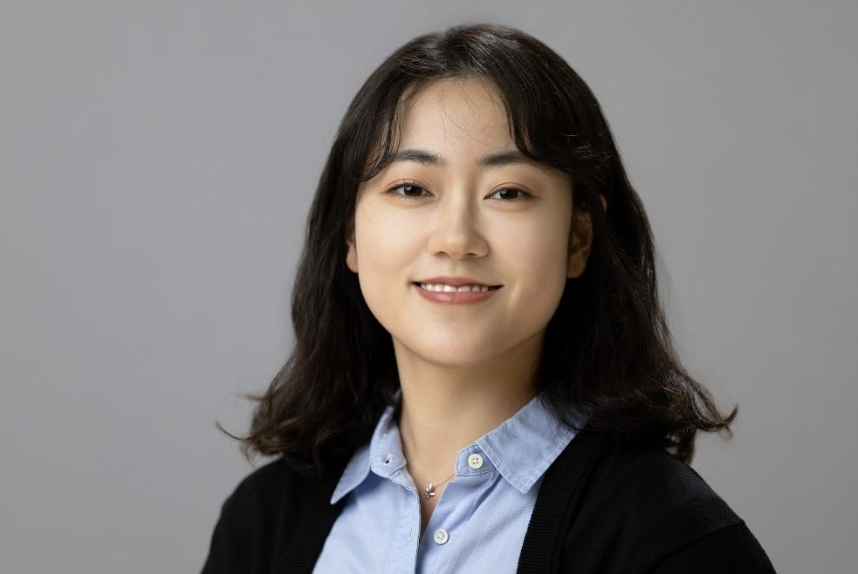2025 RUTH DICKIE WINNERS

Juyeong Cho
Methotrexate (MTX) is a common drug used to treat cancer and inflammation, but it often causes harmful side effects in the gut. Certain gut bacteria can detoxify this drug by breaking it down into a small molecule called DAMPA. Until recently, DAMPA was thought to be inert, but my research has shown that it actively protects the gut from damage and reduces inflammation. This study challenges the traditional view of bacterial MTX metabolites as inactive molecules. Overall, this work proposes to advance our understanding of host–microbe interactions by revealing how microbially derived drug metabolites influence host inflammation.

Venkata Sai Usha Sri Polaki
Uterine serous carcinoma (USC) is an aggressive gynecologic malignancy responsible for 40% of uterine cancer deaths. Although half of USC patients are diagnosed with localized tumors and undergo curative surgery, approximately 30% still experience recurrence with poor outcomes. Because we currently cannot predict which tumors will recur, more than 75% of patients receive adjuvant chemotherapy, leading to unnecessary treatment and added toxicity. GATA Binding Protein 2 (GATA2) is a transcription factor whose expression correlates with tumor behavior and recurrence risk in USC. My project aims to define the molecular mechanisms by which GATA2 regulates tumor invasion. By uncovering how GATA2 influences tumor suppression, this research seeks to improve recurrence prediction and reduce unnecessary exposure to chemotherapy in USC patients.
2025 RUTH DICKIE GRANT IN AID AWARD WINNER

Brittany C. Baikie
Under the mentorship of Dr. Daniel Matson, I study uterine serous carcinoma (USC), a rare and aggressive subtype of uterine cancer. Our group has identified that a subset of these tumors lose GATA2 expression, which is correlated with increased invasion and metastasis in patients. Through a multi-omics approach, I identified Piezo1, a mechanosensitive ion channel, as a potential target for GATA2 regulation. My research focuses on confirming the direct suppression of Piezo1 by GATA2 and investigating how the loss of regulatory control may contribute to USC progression. This work aims to uncover a novel mechanosensitive pathway driving USC tumor development, with the goal of identifying new therapeutic targets to inform and improve patient care.
PAST WINNERS
Monica Ridlon – Molecular and Environmental Toxicology (2024)
Elise Hopman – Psychology (2020)
Morgan Walcheck – Molecular and Environmental Toxicology (2020)
Adati Tarfa – Health Services and Policy Research (2019 – Grant-in-aid)
Amanda Salvi – Botany (2018)
Julia Patterson – (2017)
Diana Guzman – (2017 – Grant-in-aid)
Maribeth Kniffin – Civil Engineering (2015)
Rosabeth Link – Entomology (2015)
Lisa Schomaker – Botany (2014)
Allison Didychuk – Biochemistry (2014 – Grant-in-aid)
Lauren Moscoe – Botany (2013)
Margaret Thairu – Entomology (2013)
Stephanie Smith – Comparative Biosciences (2013)
Caroline Piskun – Comparative Biomedical Sciences (2013 – Grant-in-aid)
Tess Kilpatrick – Chemistry (2012)
Heather Walder – Geography (2012)
Alissa Hanshew – Bacteriology/Microbiology (2012)
Rebecca S. Bartlett – Communicative Disorders (2012)
Daria V. Fedyukina – Chemistry (2011)
Jing Gao – Geography (2011)
Mira Kolodkin – Neuroscience (2011)
Chelsey Smith – Neuroscience (2011)
Heather Walder – Anthropology (2011)
